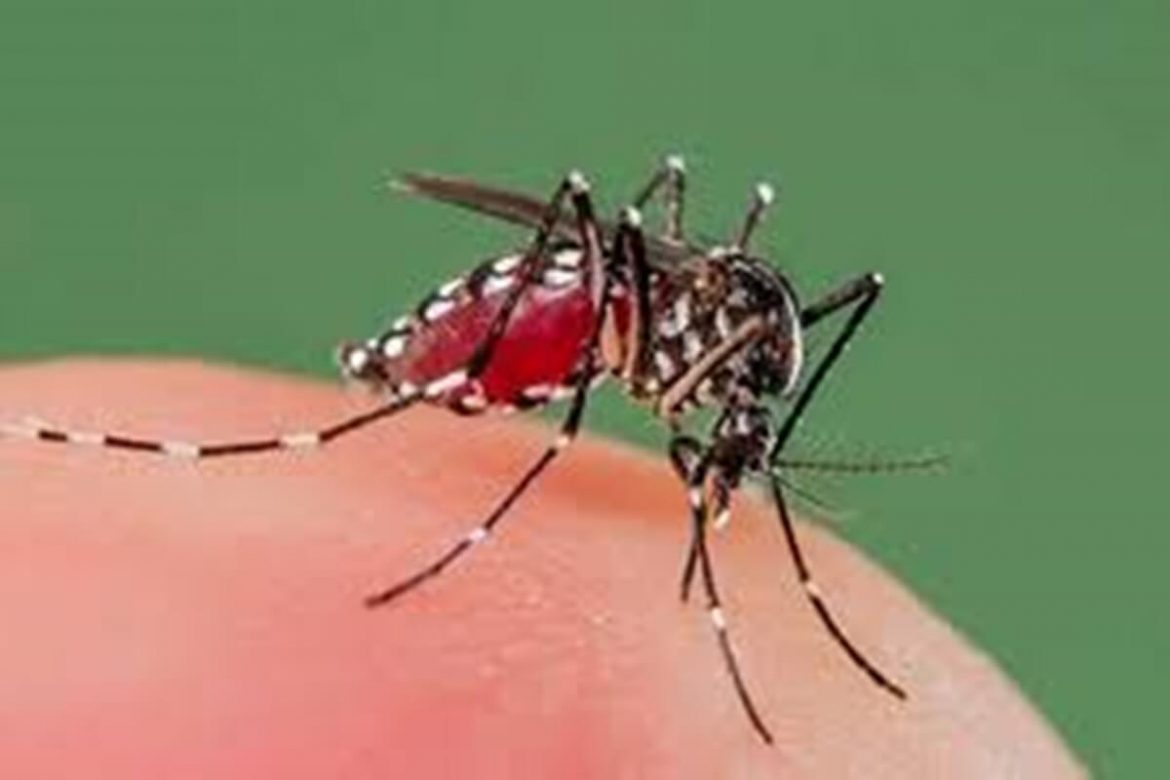Japanese Encephalitis (JE) is a vector-borne zoonotic disease spread by infected mosquitoes and poses a major public health concern in India. It is the most prominent cause of mosquito-borne viral encephalitis across various Asian countries.
In India, Uttar Pradesh, Bihar, Assam, Tamil Nadu and West Bengal contribute to more than 80% of the total disease burden. Annually, 1,500 to 4,000 cases are reported in the country. It most commonly affects the pediatric age group, with 75% of cases occurring in individuals between 0 and 14 years of age. JE is a vaccine-preventable disease and vaccination remains the most effective prevention strategy for its effective control and mitigation.

Japanese Encephalitisis a viral brain infection resulting in the inflammation of brain tissues, which can lead to non-repairable neuron damage if severe or left untreated. It is associated with a case fatality rate of 30% among those with disease symptoms.
About 30% to 60% of survivors experience long-term neurological manifestations of the disease, affecting their quality of life, including education, work and social relationships, even after they recover from immediate symptoms.
This potentially severe disease has caused several endemics in India, particularly in rural areas. Outbreaks are also influenced by the climate, with risk in temperate regions across India increasing during late summers and in the rainy season, when the vector density is at its peak.
Commenting on the need for JE immunization, Dr. Jayant Upadhye, Director, Colours Children hospital and Upadhye children Hospital, Nagpur said, “In Maharashtra, there is low awareness of JE. Many cases go undetected in the early stages, as initial, dominant symptoms including vomiting and gastrointestinal pain are mistaken for other ailments. Annually, most of the cases we see roughly in children are during the rainy season. Severe cases are characterized by the onset of high fever, seizures, disorientation, and even coma. To avoid such complications, it is imperative to promote immunization coverage. Vaccines are safe and effective, evidence-based options to prevent the disease. Widespread immunization can significantly reduce the disease burden across the population.â€
JE management and treatment is presently more focused on symptom management and limiting adverse effects of the condition, thus underscoring the importance of immunization as a key strategy for effective control. India’s Universal Immunization Programme, under the National Health Mission, includes Japanese Encephalitis as part of its sub-national programme in select endemic districts. The JE vaccine is indicated for individuals aged nine months and above, particularly across vulnerable groups. It is also indicated for healthcare workers in endemic areas and travelers to rural areas, as per the WHO and experts’ evidence- based immunization guidelines. These vaccines have several associated benefits, including high protection rates and long-term immunity.
Dr. JejoeKarankumar, Director Medical Affairs, Abbott India said, “Despite its high prevalence in endemic regions, awareness about Japanese Encephalitis is low.
Plugging knowledge gaps while raising awareness about available vaccination options is crucial to scale immunization coverage across the Indian population. In addition, ensuring healthcare practitioners are equipped with the knowledge to make evidence-based vaccine recommendations to parents and caregivers is also key. Increased vaccination coverage in childhood will ensure the better protection, thus leading to prolonged and improved quality of life outcomes.â€
Recommendations by expert groups, such as immunization recommendations by the Association of Physicians of India, in partnership with Abbott, can support practitioners in sharing reliable health information on needed vaccines, indications and schedules.
👉 Click here to read the latest Gujarat news on TheLiveAhmedabad.com





